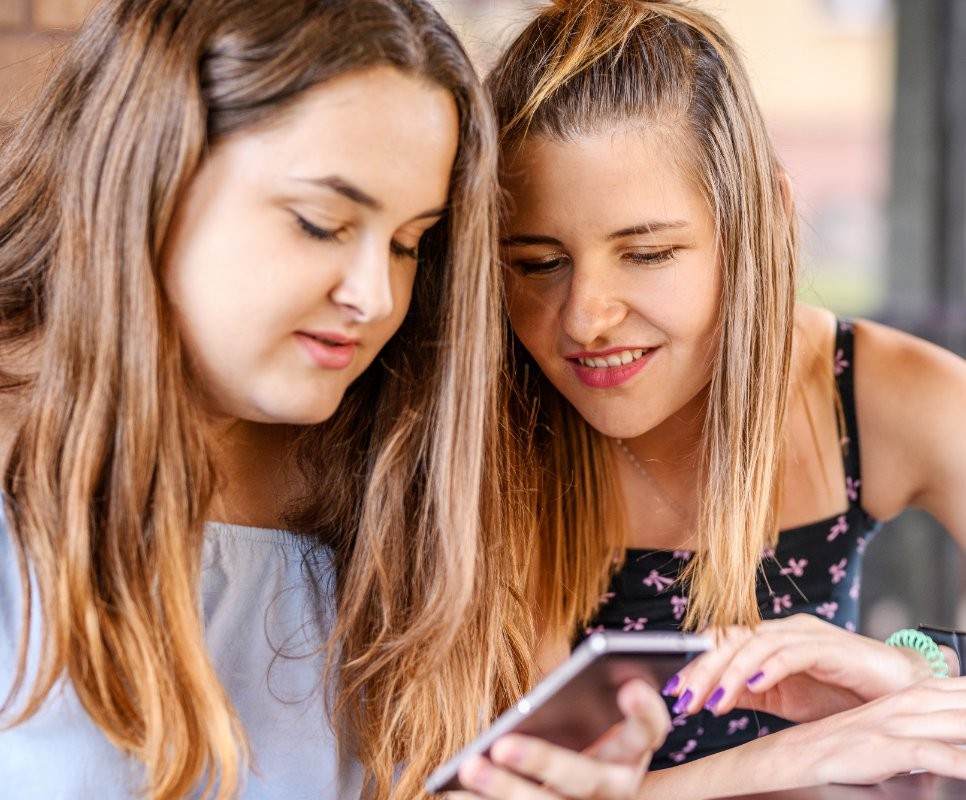News



An interview with a female mentor under ERBUD Foundation project
Why have you made up your mind to become a mentor under the Erbud Foundation project?
I have always loved to help. I believe that what you give comes back to you. That's why I applied for the mentoring program as soon as it started. I also thought that it would be easier for me as a mom, that I would simply translate my experiences with my children into a mentee relationship. But, to my surprise, this was not the case at all. Today, after 3 years of accompanying my mentee, I can see how differently this world is arranged. What seems natural to us - kindness, closeness support in the family - these are values that many people may not experience throughout their childhood and adolescence...
You talk about accompanying, not working with the mentee. What is the relationship with the mentee all about?
First and foremost, all mentors undergo training. We were very well prepared for our new role - from the organizational perspective, but first of all from the psychological point of view. The first meetings are first of all attempts to build trust; someone who has not been spared by life, needs time, defends himself against closeness and honesty for a very long time.
That is why I use the word "accompaniment" rather than "work". The relationship with each mentee is different, and there are no ready-to-use handy solutions. You have to listen, have your eyes wide open, feel what kind of help the mentee needs and on what principles. At the beginning of our relationship we dealt mainly with organizational and official matters. With time, a personal relationship was born. The mentee contacts me at important moments in her life - e.g. to boast that she got a job, to ask for advice in a difficult situation.
How has the mentee's life changed over these 3 years of the project execution?
Three years ago, I met a teenage girl who did not have enough confidence in herself. We cheered on her hard, arranged math tutoring for her, and myself, acting in the capacity of the mentor of my mentee's independence, went to school and kept a watchful eye on her affairs. The was the outcome? She passed her finals and now she has already completed the first semester of extramural tertiary education.
She is a wonderful, sensitive girl, the first one to help others. She is involved in charity work, including fund raising for animal shelters.
How does the Foundation support the process of becoming independent by its mentees?
We have developed a unique formula for supporting our mentees. On the one hand, the Foundation provides systemic support - we have training, psychological care, we know how to set goals and tasks. On the other hand, the Foundation gives us, the mentors, a lot of independence in the management of relationship and in diagnosing what kind of help the mentee needs most. The Foundation has also provided financial support for the mentee's education at the university and a driving license course. Psychologists provide invaluable help - the mentees may call them at any time.
How do you manage to strike work-life balance (between your professional and family life) under the Foundation's project?
The more you have on your plate, the better you can organise yourself - and these three years with our mentee only confirm this. The project at the Foundation is time-consuming, but most of all emotionally involving. That is why it is a task for people who are sensitive to what is going on around them, who like to help and have a talent for social activities. You have to be patient, have humility, do not judge, just be there and look for the key to each child individually. It is not always idyllic, but it is worth walking this winding road, because it is very enriching - especially for the mentee, but also for the mentor.
What if someone has never acted in this way? Would you encourage him or her, and how?
Try it, it's really worth it, helping is addictive. By helping others, we help ourselves. We don't even realize how much satisfaction we get from the joy of helping others, not just receiving. I would like these young people to believe that they can live differently... that there is someone for whom they are simply important.
Thanks to the project I met a lot of fantastic people. Family atmosphere, trust, cordiality, mutual support - these are qualities rarely seen in other organizations. That is why I want to continue to engage and cooperate with the Foundation. I already have many ideas how to help better and more effectively to our mentees.
